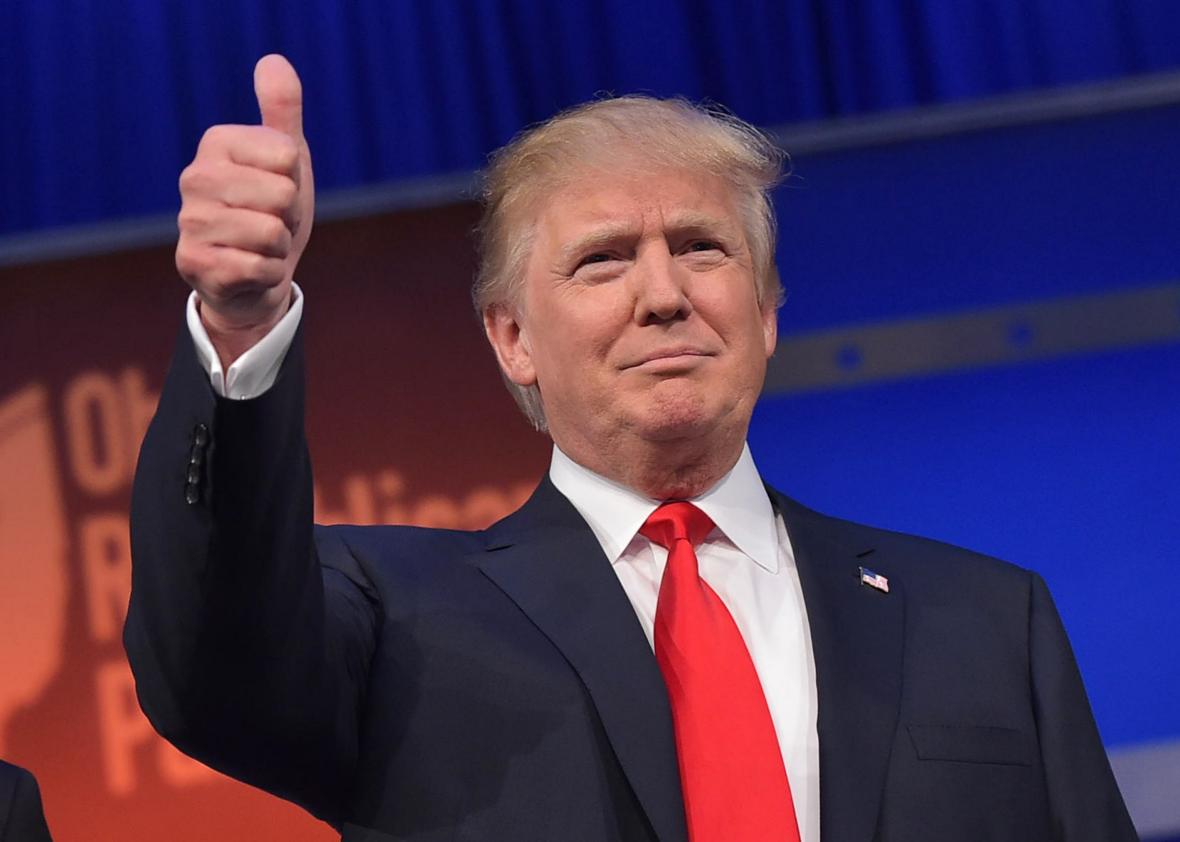Donald Trump offered up some remarks on Supreme Court Justice Antonin Scalia’s comments during a hearing on affirmative action.
While questioning the attorney for the University of Texas as to why race is factor in their admissions process, Scalia suggested African-Americans belong in lesser colleges.
“There are those who contend it does not benefit African-Americans to get them into the University of Texas where they do not do well, as opposed to having them go to a less-advanced school, a less–slower-track school where they do well,” Scalia said.
Needless to say, an uproar ensued. Black students rushed to Twitter, creating the hashtag #StayMadAbby in response to Abigail Fisher who’s suing the University of Texas, claiming she was denied entry because she’s white.
Civil rights leaders and politicians alike have voiced their concerns, many calling for Scalia to recuse himself from the case and any other future case involving discrimination.
However, earlier this week, the most unusual of suspects voiced his opinion. In an interview on Sunday [December 13, 2015], presidential candidate Donald Trump told CNN’s Jake Tapper, “I thought it was very tough to the African-American community, actually.”
When the man who stands up to declare his mission on deporting millions and keeping Muslims worldwide from entering the country has something to say about your discriminatory actions or words, you have probably said a bit too much.
“I don’t like what he said,” Trump added. “I heard him, I was like, ‘Let me read it again’ because I actually saw it in print, and I’m going–I read a lot of stuff–and I’m going, ‘Whoa!’ ”
These remarks would go on to be overshadowed by a heated GOP debate on Tuesday [December 15] and Trump would resume his usual agenda of questionable antics.
Nevertheless, Justice Scalia’s comments have sparked a long-awaited conversation on the infrastructure of our justice system. We should hope more appointed officials take their stand and begin an honest movement toward a solution.
